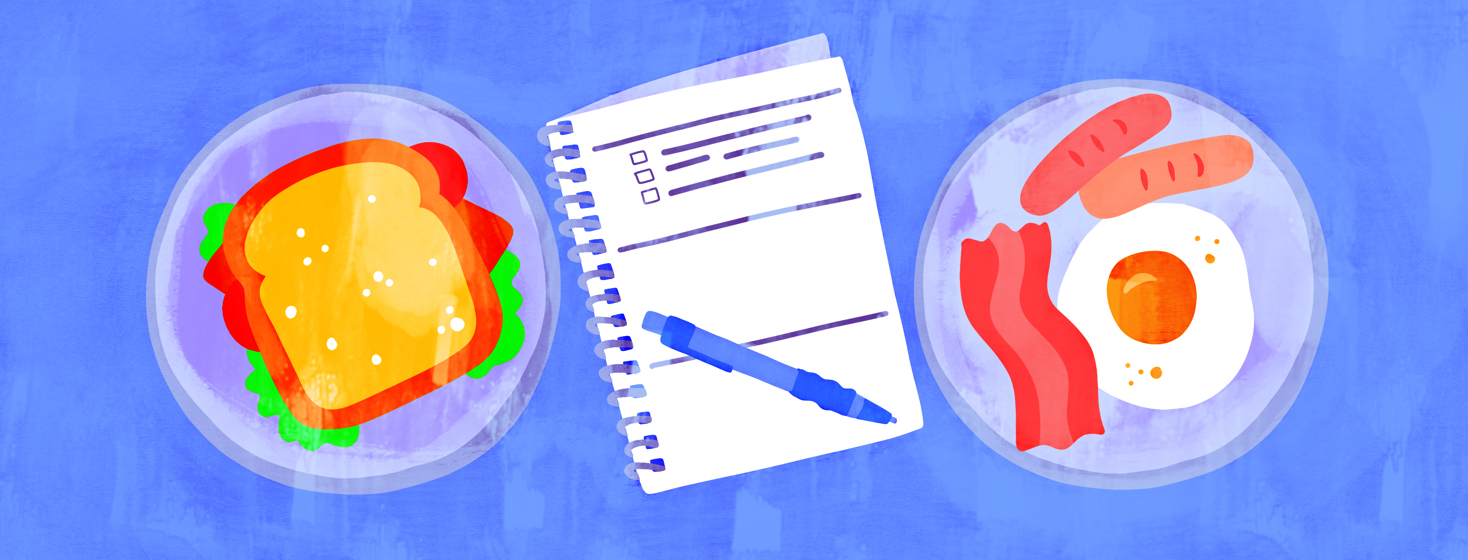Food Journaling to Decrease Flares
What you eat can affect how you feel. Oftentimes, as we battle lupus, we are cognizant of what medicines we put in our bodies. We work hard to get the right “cocktail” of medicine to help us feel better. Sometimes we lose sight of how food operates as a part of that medicinal “cocktail.”
Ultimately what we eat is essential to our health. Therefore, it is important that we work diligently to pay close attention to the things we consume. Hippocrates, the great Greek physician, stated, “Let food be thy medicine and medicine be thy food.” This quote emphasizes how important it is for food to be incorporated into health regimens. It is easy to accomplish this through keeping a food journal.
What is a food journal?
A food journal is a diary of the foods you consume throughout your day. It can identify eating habits, track calories and help pinpoint food intolerances. In lupus, it can help you identify foods that may cause or decrease flares. Most importantly, a food journal gives you the opportunity to be mindful and intentional in eating to be healthier beyond lupus.
How to start a food journal
There are only a few things you need to start a food journal. To get started, grab a notebook, a pen, an open mind, and consistency. Having the desire to take control of your eating habits to help control flares makes a difference.
What goes in a food journal?
- What you eat – List what you have eaten for the day. This will assist in showing which foods helped or hurt you.
- How much you eat – Make a note as to how much you have eaten. This can help with portion control.
- What time you eat – Cite the day and time you eat so you can easily reference it if you need to.
- Your emotions while you eat – Were you happy, sad or indifferent? Noting this will help show any eating patterns that may need to change.
- How you feel at the end of the day – Note if your energy is low or if you had more energy than usual. Did you feel more or less pain? This will help show how your food is affecting your body.
This daily food observation can help in setting healthy eating goals. The healthier you eat, the better chance you have of decreasing flares. Although there is no specific diet established for lupus, we know and understand how important it is to have a healthy diet.
Keeping a food journal and having honest discussions with your doctor can dramatically lessen the severity of flares. Sometimes, you may need to speak with a dietitian to get further educated on how food can affect your body and lupus symptoms. It’s important to realize as you keep your food journal, it doesn’t mean that you beat yourself up for your eating habits. It is just a tool that will help you take some control over your body and your symptoms as you battle lupus.

Join the conversation